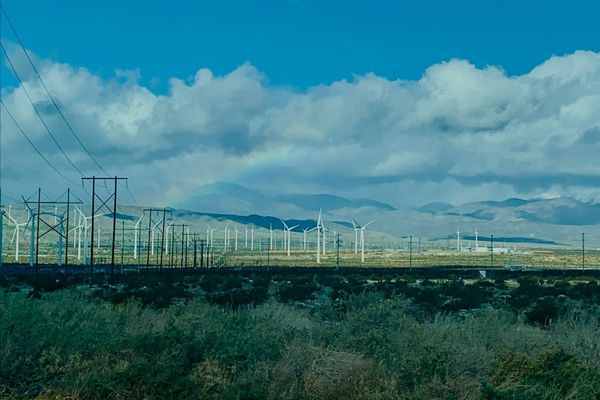
The topic of grid resilience is inherently interdisciplinary and relevant to numerous disciplines. This webinar will provide an overview of a lesson that invites students to learn about grid infrastructure (e.g., power lines), thermal power plants (e.g., coal-fired power plants) and renewable energy systems (e.g., wind farms) through the lens of resilience while promoting critical thinking about the US energy system and the evolving US electrical grid. This interactive lesson incorporates content from the Fourth National Climate Assessment (Chapter 4: Energy Supply, Delivery, and Demand). With a focus on grid resilience, students are provided a relevant context in which to learn about the pros and cons of renewable and non-renewable energy sources, while learning about local and regional extreme weather and climate-related events. Furthermore, this lesson invites students to learn about and investigate existing technologies that promote grid resilience as well as consider the need for innovation in the electricity sector.
This lesson has been reviewed by subject matter experts, including members of the utility industry.
Please join us for this webinar and to learn about how to incorporate this topic into instruction.
Presenter: Dana Brown Haine, MS, is the K-12 Science Education Manager for the UNC Institute for the Environment’s Center for Public Engagement with Science. She has been leading energy-related teacher professional development experiences since 2009 and is program director for the NC Energy Literacy Fellows Program, a year-long professional development experience for secondary STEM educators. In 2018, Haine received NC’s Outstanding Informal Educator Award in Science, Mathematics, and Technology Education from the North Carolina Science, Mathematics, and Technology Education Center and in 2022, she received the Outstanding Informal Educator Award from RePowering Schools. Haine is currently pursuing a PhD in Teaching and Learning STEM at NC State University in Raleigh, NC. Haine is a member of the National Visiting Committee for the Environmental and Natural Resource Technology (EARTh) NSF ATE National Center.
Sign up for the CREATE Newsletter and stay updated on the latest information in Renewable Energy Education.
Copyright @ 2025 CREATE National Energy Center
This material is based upon work supported by the National Science Foundation under Grant #2201631. Any opinions, findings, and conclusions or recommendations expressed in this material are those of the author(s) and do not necessarily reflect the views of the National ScienceFoundation.